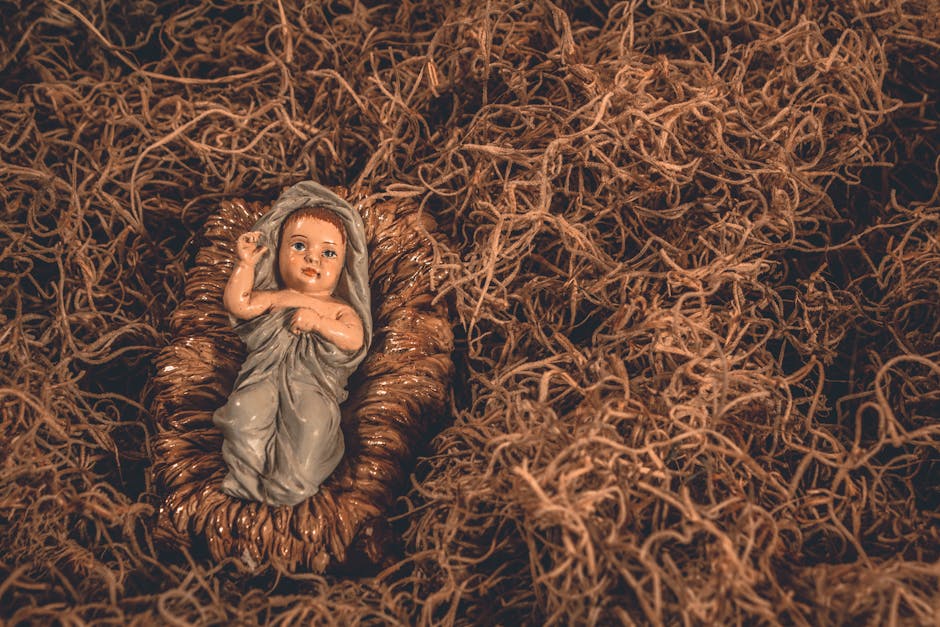
In the heart of Japan, Fukui Prefecture stands as a venerable custodian of traditional crafts, a region where the whispers of history are intricately woven into every handcrafted piece. Recently, this rich heritage took center stage as a special event, broadcast on BS NTV, brought together three distinguished masters (匠3人) from Fukui to share the profound "essence" (極意) of their art. The gathering was met with palpable admiration, even from the renowned figure, Ai Tominaga (冨永愛), who expressed her deep appreciation for their dedication and skill.
Fukui: A Legacy Forged in Craft
Fukui Prefecture's reputation as a "town of traditional crafts" is not merely a title; it is a living testament to centuries of unwavering commitment to artistic excellence. From the exquisite precision of Echizen lacquerware to the delicate strength of Echizen Washi paper and the robust beauty of Echizen cutlery, the region's diverse crafts embody a philosophy of harmony between human ingenuity and natural materials.
The history of these crafts is deeply intertwined with Fukui's landscape and culture. Each material, whether it be the bark for paper, the wood for lacquer, or the iron for blades, is understood with an intimacy born of generations. Artisans here don't just work with materials; they converse with them, listening to their innate properties and coaxing forth their finest expressions.
The Three Masters: Guardians of Ancient Wisdom
The recent gathering on BS NTV offered a rare glimpse into the minds of three Fukui masters, each a pillar in their respective craft. While their specific crafts weren't detailed in the news, their collective presence signifies the profound depth of knowledge and skill that continues to flourish in Fukui. These artisans are not just practitioners; they are living repositories of techniques passed down through apprenticeships spanning decades, often centuries.
Their "essence" (極意) lies not only in their technical prowess—the perfect brushstroke, the precise fold, the exact tempering—but also in their philosophy. It is a philosophy that emphasizes patience, respect for the raw material, and an unyielding pursuit of perfection. They understand that a traditional craft piece is more than an object; it is a narrative, a piece of history, and a vessel for beauty and utility.
The admiration of Ai Tominaga highlights the universal appeal of such dedication. Her appreciation underscores how these timeless skills resonate even in our fast-paced modern world, reminding us of the enduring value of human touch and mindful creation.
Bridging Tradition and Modern Life: The Future of Fukui's Crafts
The discussion among the three masters on BS NTV extended beyond the technical aspects of their crafts, delving into the critical themes of their future and succession. In an era of mass production, the continuation of traditional crafts faces unique challenges. Yet, the masters of Fukui Prefecture are not merely preserving the past; they are actively shaping the future.
Their commitment to materials is paramount. They seek out the finest natural resources, understanding that the soul of their craft lies in the quality of its foundation. This meticulous selection ensures that each piece is not only beautiful but also durable and sustainable. Furthermore, many artisans are exploring innovative ways to integrate traditional techniques with contemporary design, creating pieces that are both authentically Japanese and perfectly suited for modern lifestyles. This adaptation ensures that these crafts remain relevant and desired, inviting new generations to appreciate and incorporate them into their daily lives.
The legacy of Fukui Prefecture's traditional crafts is a testament to the power of dedication, skill, and an unwavering respect for heritage. The insights shared by the three masters on BS NTV, with the appreciative presence of Ai Tominaga, serve as a vital reminder of the beauty and profound meaning embedded in these cherished art forms. As these artisans continue to weave the past into the present, they ensure that the essence of Fukui's crafts will continue to inspire and enrich lives for generations to come.
Comments
Post a Comment